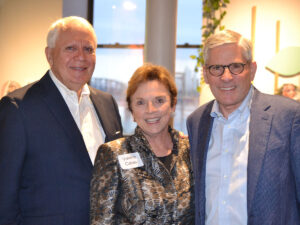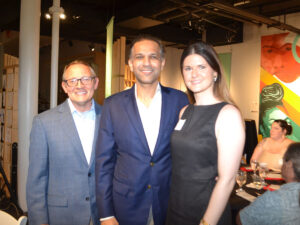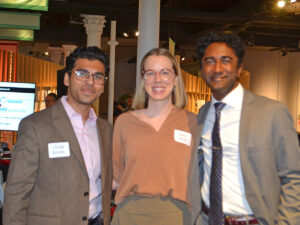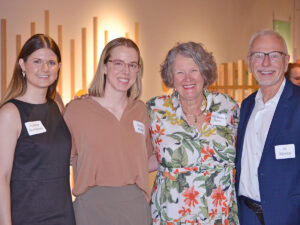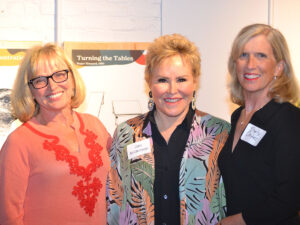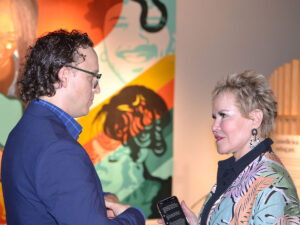Ben Sollee performs at the UofL Depression Center benefit dinner
LOUISVILLE Cellist and composer Ben Sollee took the stage, not just to perform — but to connect— at the University of Louisville Depression Center’s annual benefit dinner on June 6, 2025.
What made the evening memorable wasn’t just his music. It was the way he used it to open up a deeper conversation about mental health.
Between songs, Sollee, a Kentucky native known for his genre-bending sound and soulful presence, spoke candidly about navigating anxiety, burnout, and grief.
He talked about how music has been both a creative outlet and a form of emotional self-regulation—a way to “stay with what’s hard, long enough to find something meaningful in it.”
His remarks made a powerful case for music not just as performance, but as presence. One line stayed with me: “Music doesn’t fix. It accompanies.”
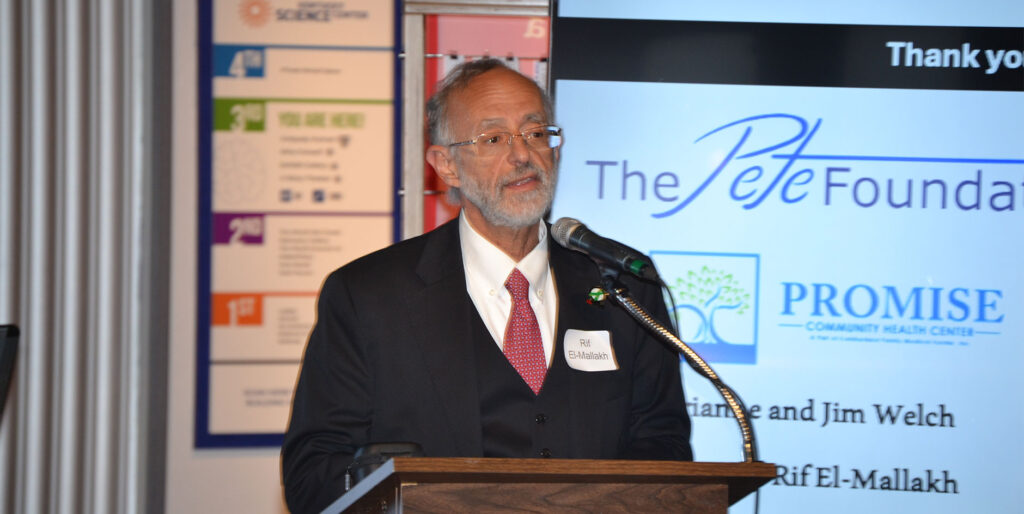
In a culture that leans toward problem-solving and quick fixes, Sollee’s message was simple: Sometimes the most healing thing we can do is stay present—with ourselves, with others, and with what is difficult.
The Power of Breath and Silence
During the Q&A, someone asked how Ben manages the stress of performing. His response?
“I focus on being useful—not perfect.” That insight resonated with an audience filled with high achievers. Perfectionism tends to paralyze. Usefulness opens the door to meaningful engagement, even when you’re not at your best.
After the performance, I asked Ben what’s been most surprising or unexpected on this journey he calls long-haul COVID. “Breathing.” he immediately answered. “I found that it’s such a basic, fundamental, almost invisible physical activity that we do but… no one’s checking your pace of breath when you go to the doctor.”
He went on to describe how learning to breathe properly—especially through the diaphragm—became a turning point for both his mental and physical health in his recovery from COVID.
“My hair started growing back.” It’s a reminder of how often we overlook the most essential forms of self-regulation. Breath isn’t just biological—it’s emotional. Foundational. And when we pay attention to it, it can change everything from stress levels to how we relate to our own bodies.
Ben’s comment about breathing is part of
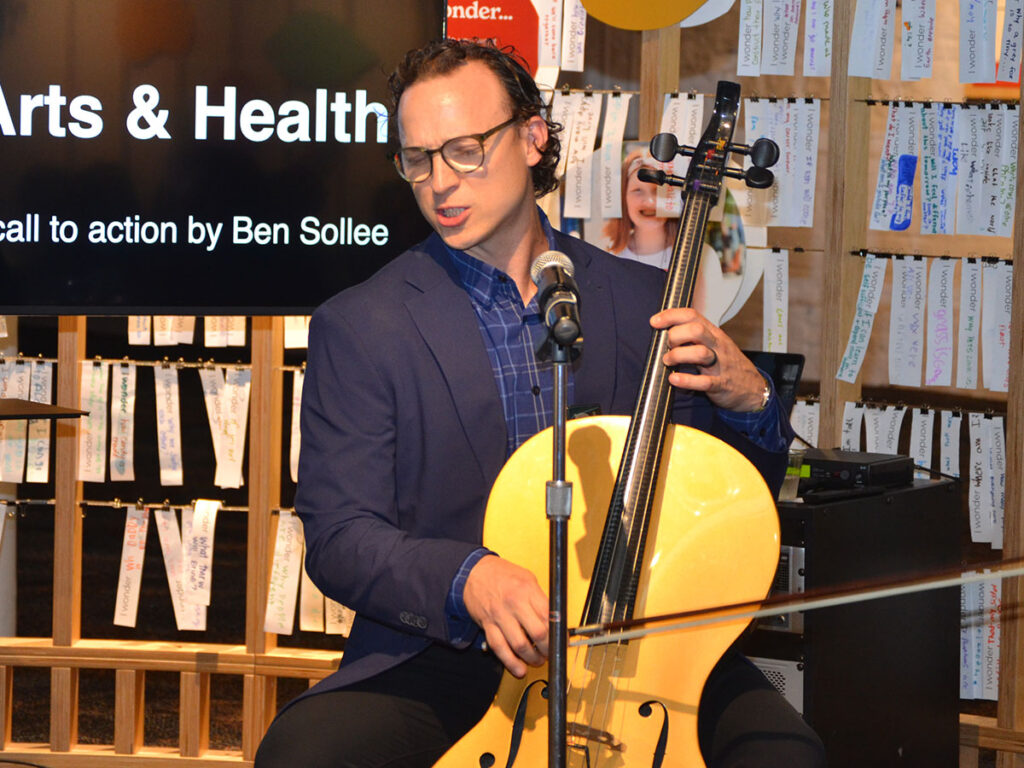
a small but powerful practice he calls “micro stillness”—brief pauses of silence between songs.
“Even thirty seconds of silence between songs can shift your whole nervous system. We don’t give enough credit to little pauses.” He explained that these short resets help Sollee recalibrate and stay grounded. They mirror what we know from neuroscience: that the nervous system responds powerfully to intentional pauses.
As a clinician, I couldn’t help but connect the dots. Sollee’s approach echoes what we know helps people heal: emotional presence, meaningful pauses, and a willingness to feel before trying to fix.




